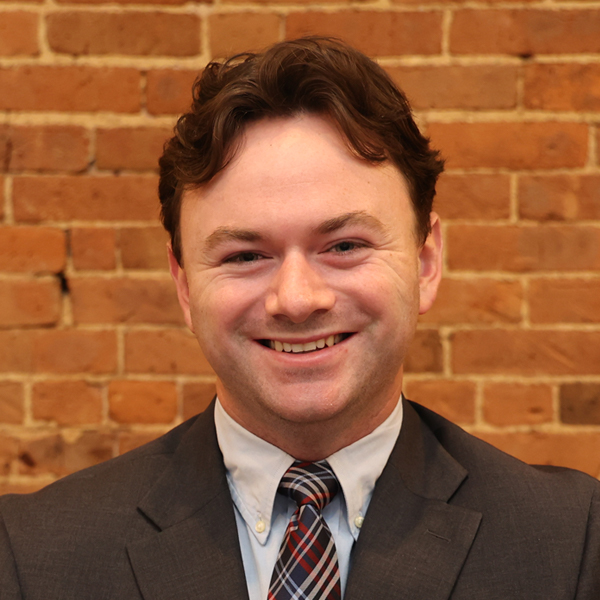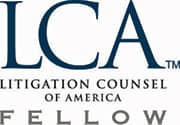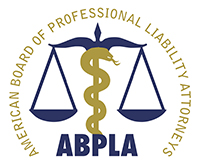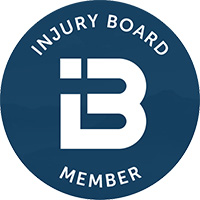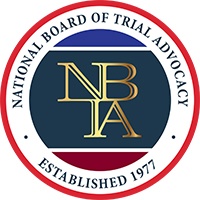
What Constitutes Medical Malpractice?
The Providence medical malpractice lawyers at Mandell, Boisclair & Mandell, Ltd. have helped clients across Rhode Island understand what constitutes medical malpractice for more than 45 years. We understand both the legal and medical complexities in these difficult cases. In addition to improving the lives of our clients, our legal victories have helped shape Rhode Island law.
If the care you received at a hospital, doctor’s office, or other medical facility caused you harm, you may have questions about filing a claim for medical malpractice. Unfortunately, medical mistakes are alarmingly common, and they often have devastating consequences.
Medical malpractice can take many different forms. However, not all medical mistakes rise to the level of actionable negligence. So, what constitutes medical malpractice—and do you have a claim for just compensation? Here’s what you need to know:
The Four Elements of a Medical Malpractice Claim
There are four “elements” to a medical malpractice claim under Rhode Island law. In order to establish a claim for financial compensation, patients (or their family members) must be able to prove each of the following:
- Duty of Care – Doctors and other healthcare providers generally owe a duty of care to their patients.
- Violation of the Duty of Care – Doctors and other healthcare providers violate their duty of care when they fail to diagnose or treat their patients in accordance with generally accepted standards within the medical community. This element must be assessed on a case-by-case basis, as medical errors can rise to the level of malpractice in some cases but not others.
- Physical or Mental Harm – Filing a medical malpractice claim requires proof of harm This can involve a healthcare-related injury or disease, mental health problem, or preventable complication.
- Causation – Finally, patients (or their family members) must be able to establish that their provider’s violation MLTN caused the harm in question. If a patient would have suffered harm regardless of the quality of care they received, then this “causation” element will be lacking.
Common Forms of Medical Malpractice
Common forms of medical malpractice include:
Diagnostic Errors
Diagnostic errors are among the most common mistakes that constitute medical malpractice. These errors include failing to diagnose patients’ conditions, misdiagnosing patients’ conditions, and failing to provide a timely diagnosis. These errors can leave patients without the treatment they need, and in some cases, they can result in patients receiving unnecessary (and potentially dangerous) treatment.
Anesthesia and Surgery Errors
Anesthesia and surgery errors are also far more common than they should be. Administering too much or too little anesthesia, failing to assess patient risk factors, and causing internal injuries during surgery are just a few examples of mistakes that can constitute medical malpractice.
Medication Errors
Medication errors that can constitute medical malpractice include overdosing and underdosing patients in the medical setting, administering or prescribing the wrong medication, and writing prescriptions for incorrect dosages. These errors also have the potential to be extremely dangerous, and in the worst cases, they can be fatal.
Failure to Treat
Failure to treat is a common form of medical malpractice that can result from diagnostic errors, understaffing, mismanagement of patient records, and various other factors. Patients and families in Rhode Island can pursue claims based on both (i) failure to provide treatment in the medical setting, and (ii) sending patients home without the treatment they need.
Failure to Monitor
Failure to monitor is another common factor leading to inadequate treatment. When patients need monitoring—whether by the minute, by the hour, or by the day—failure to timely assess patients’ needs can constitute medical malpractice.
Administrative Errors
Administrative errors are also a frequent cause of medical mistakes, and they can justify claims for medical malpractice in many cases. Understaffing, patient record mix-ups, improper triage, and lacking necessary tests or medical supplies are all common examples.
Specialist Malpractice
Many medical malpractice cases involve errors committed by specialists. Unfortunately, while patients must necessarily place a great amount of trust in their specialists, too often this proves to be a costly mistake. Some of the most common forms of specialist malpractice include:
- Cardiology malpractice
- Endocrinology malpractice
- Neurological malpractice
- OB/GYN malpractice (including malpractice resulting in birth injuries)
- Oncology malpractice
- Orthopedic malpractice
- Pediatric malpractice
- Podiatric malpractice
- Psychological and psychiatric malpractice
- Radiology malpractice
Discuss Your Claim with a Providence Medical Malpractice Lawyer for Free
When dealing with the hardships of a medical mistake, it can be difficult to determine if the harm you suffered was the result of medical negligence without the knowledge and guidance of an experienced attorney. The attorneys at Mandell, Boisclair & Mandell, Ltd. understand the difficulties you may be facing and can help you understand your rights and legal options.
Contact our office today online or at (401) 273-8330. We handle cases on a contingency fee basis, meaning you owe nothing unless we achieve a favorable outcome in your case.









